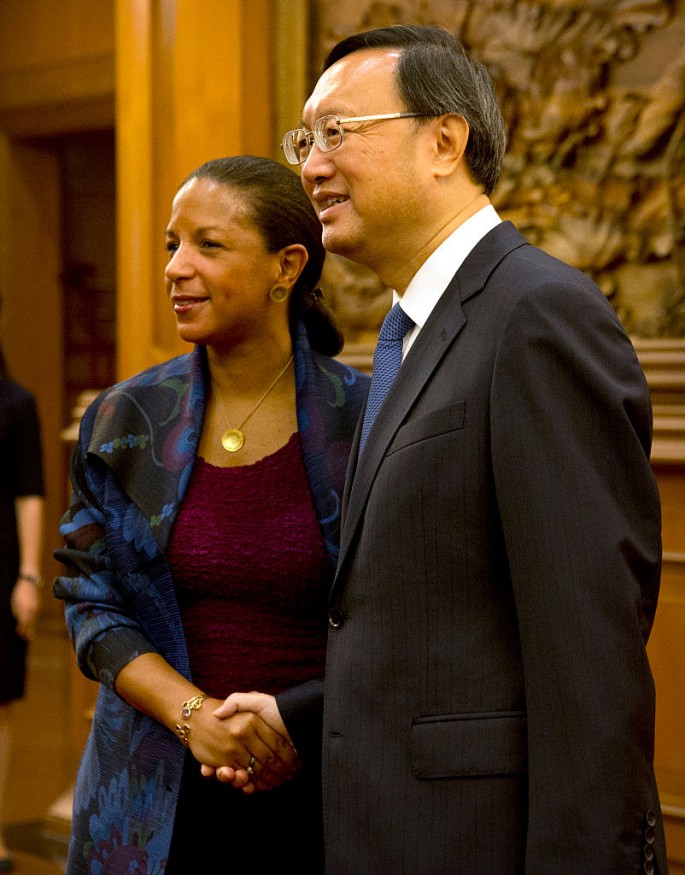American President Barack Obama wishes to transfer stable ties with China to new United States leadership amid tensions between two of the world's most powerful nations.
During her visit in Beijing, U.S. National Security Adviser Susan Rice expressed Obama's thoughts about maintaining a stable relationship with China, China Daily reported.
News of this comes amidst the growing tensions between the two countries for several reasons including the U.S. continued effort in pushing the Philippines to make use of the international ruling from The Hague.
Stable Relations
On Monday, the American National Security Adviser spoke with Chinese President Xi Jinping where she expressed Obama's thoughts about the Sino-U.S. relations.
Cited by the U.S. News & World Report, Rice emphasized that the success of China is in line with the U.S.'s interest since the two countries are interdependent with each other.
Setting the climate change collaboration as an example, Rice pointed out that the two nations is capable of working together to resolve major global issues.
"At the same time, we are confronting our differences with candor and clarity and we believe that clarity produces predictability, and predictability produces stability," she added.
A source who refused to be named told China Daily that Rice spent 70 percent of her time speaking with Chinese officials about cooperation more than any other matter.
"Both sides agreed that we won't let disputes define the relations," the insider added.
On the South China Sea
Rice is the highest-ranking American official to visit the Middle Kingdom since the release of the ruling from the international tribunal this month.
Taken literally, her statements are good to hear in Chinese ears but Liu Youfa, the former vice-president of the China Institute of International Studies, said that there is more to it than appeasing the government.
"Rice's remarks sent a signal to some Asian countries that the U.S.-China relations are not only about the South China Sea. It is also a warning that these countries' plan to take advantage of conflicts between the U.S. and China to seek their interests is unsustainable and shortsighted," Liu noted.
Meanwhile, Jin Canrong of the Renmin University of China's School of International Studies believes that U.S. Secretary of State John Kerry also made a similar action when he talked to Foreign Minister Wang Yi at the ASEAN Foreign Ministers' Meeting on Monday.
"Washington has noticed the anger in China against the U.S. on the South China Sea issue, not only from the government but also the ordinary people. They know that is not good for U.S. interests," Jin stated.



























